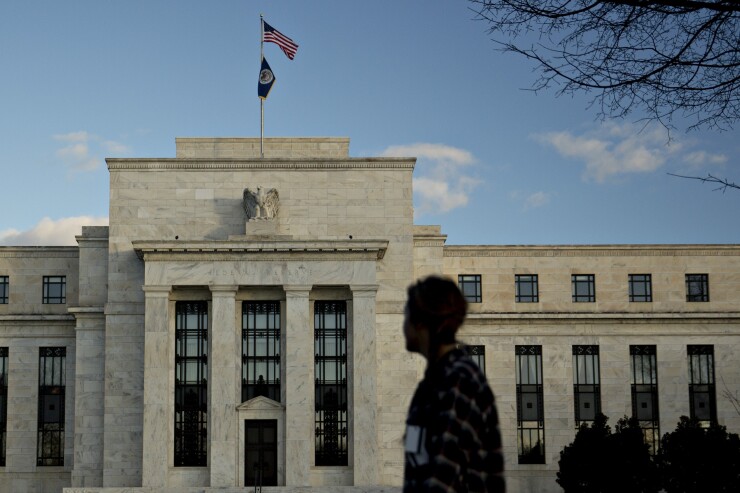Our daily roundup of retirement news your clients may be thinking about.
Clients should think twice before using the rule of 100 when making asset allocation for their retirement portfolios, writes an outside expert on Forbes. The rule indicates that the stock-bond mix in their portfolio should be based on their age. For example, if they are 60, they should allocate 60% of their assets to bonds and the rest to stock. This follows the rule-of-thumb of growing more conservative with your investments as grow older, but the rule also may be obsolete since it was developed when interest rates were high. Given the fact that rates are low now, and expected to be increased by the Fed, the value of existing bonds could fall, explains the expert.

A study by Merrill Lynch and Age Wave has found that parents would spend $500 billion on their adult children every year but save only $250 billion for their retirement, according to this article on CNBC. In fact, 79% of parents continue to support their adult children, the study also found. "It's not unusual to understand why parents want to do whatever they can for their children of all ages. What was very concerning is that about a quarter were willing to pull money from a retirement account to support their adult children," says an expert.
More seniors today than in the past opt to delay retirement and claim Social Security benefits at a later age, according to this opinion piece from Bloomberg. This trend can be attributed to increased longevity and improved health, although it should be noted that increased life expectancy is not the same across age groups. "A second factor is that private pensions have transitioned from defined- benefit plans to defined-contribution ones, and that creates less of an incentive to retire earlier."





